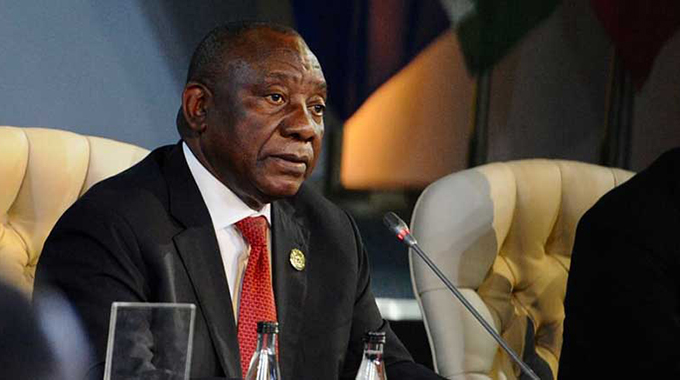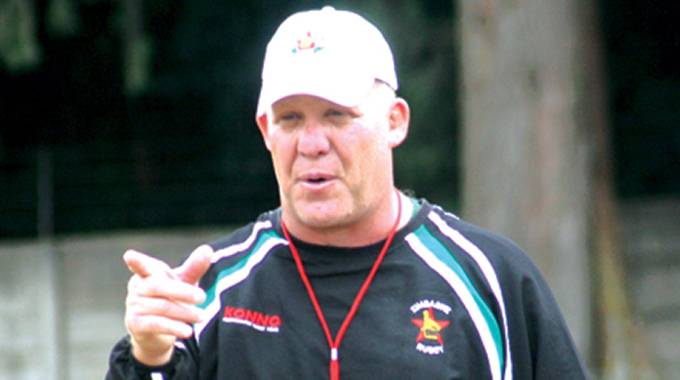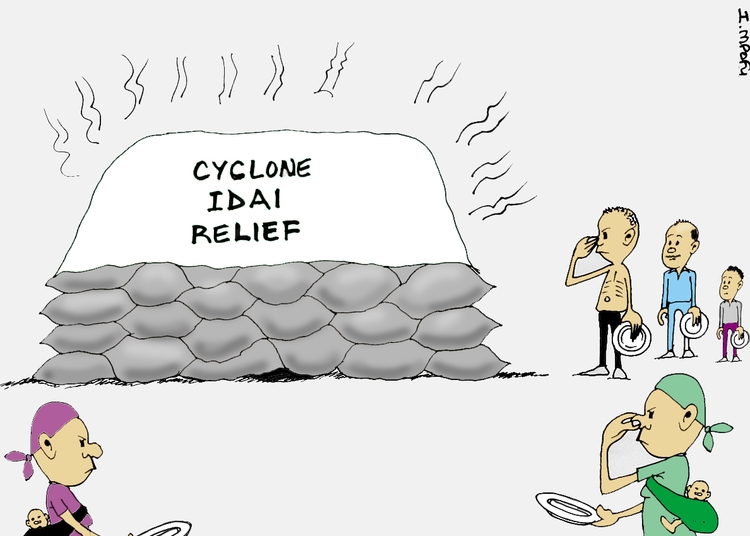Afrophobia: Zimbabwe’s Lameck moment

Leroy Dzenga Features Writer
When Cyril Ramaphosa walked into the National Sports Stadium there was an undefined sound from the crowd. It was distinct from the previous cheers, accorded to the likes of Olusegun Obasanjo, Edgar Lungu and Dr Kenneth Kaunda, but it was a sound nonetheless.
We argued with colleagues on the noise that welcomed South Africa’s head of state.
Others were convinced they were cheers although unorthodox, while some (of us) believed the whistles and screams were the furthest they were from being a seal of approval.
The noise was brief, in the interest of work we had to agree to differ. We reached a compromise, fully understanding that in times of conflicting interpretations time is the equaliser.
Diligently, time lived up to its repute, granting us an opportunity to verify who had picked the correct nuance from the first noises.
About seventy minutes after Ramaphosa entered the stadium, he had to face the Zimbabwean crowd again. This time through a speech in honour of the former President Robert Mugabe.
An opportunity to further interpret the sounds we had heard earlier and the embedded connotations. The sharp noises we had first heard were indeed elaborate murmurs of disapproval.
A man whose citizens have been butchering foreign nationals had to speak to compatriots of some of the victims.
As a man who jogs every morning, Ramaphosa would have sprinted uphill with less strain than he endured when he opened his mouth to address mourners at Robert Mugabe’s State funeral.
It was him against Dzimbahwe, with no one providing a buffer for him, in the same manner authorities in South Africa are not cushioning those who cannot pronounce certain words in IsiXhosa or IsiZulu.
Unlike in South Africa, the reaction was in that case not violent, just aural in an assertive manner.
He was met with wild jeers and boos, a reception that caused him temporary disorientation in delivering his speech.
Those who frequent local soccer matches would know how the Vietnam stand at Rufaro Stadium echoes when Dynamos is misfiring, the whistles were twofold.
Some were of the opinion that the platform was not the most appropriate for people to enunciate their discontent. A conversation that tried to take more from the aggrieved than the perpetrators.
Can there be dignified responses to inhumane acts?
Is there a template?
President Ramaphosa himself, like Zimbabweans at National Sports Stadium felt the funeral was a good forum for the tough conversation.
He apologised on behalf of his country to the people of Zimbabwe.
In his exact words he said;
“We have had acts of violence erupting in some parts of the country, some of which was directed at nationals from other African countries. This has led to the deaths and injuries of a number of people, some of whom were nationals from other countries and the majority were South Africans.”
At this point, the crowd was still restive whistling relentlessly in a way that made it difficult even for the man to smoothly express himself as he usually does.
President Ramaphosa then said the magic words;
“I stand before you as a fellow African to express my regret, and to apologise for what has happened in our country. What has happened in South Africa goes against the principles of the unity of the African people that President Mugabe and President Nelson Mandela, Oliver Tambo and the great leaders of our continent stood for.”
Zimbabweans are quick to forgive, the jeers switched to cheers and the ANC leader became the darling of the crowd.
One hopes, his words were not to quell the few thousands at National Sports Stadium, but a genuine promise which will be followed up by tangibles.
In this case, an end to xenophobia or more organised policing from South African law enforcement.
In May 2017, Zimbabwe saw a man called Lameck Makwiramiti from Mabvuku who became an overnight social superstar.
This was after he used a funeral as a platform to air his disquiet with a family his daughter had married into. Opinion was divided on his actions, but he had laid out his feelings.
On September 14, Zimbabwe became Lameck, using its founding father’s funeral to call out a leader of a country whose people are burning foreigners.
Befitting to the man who was being remembered on the day, former President Mugabe had no sense of occasion, he spoke his mind at the most random of events.
The jury is still out on whether or not Zimbabweans behaved when they booed Ramaphosa. He would never shy away from speaking against the oppression of his people.
Perhaps one of Mugabe’s legacy manifested on his funeral when the whole country took after a funeral motor-mouth, Lameck, to speak.









Comments